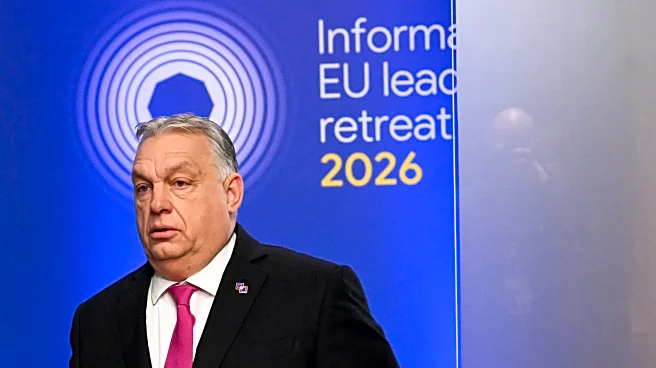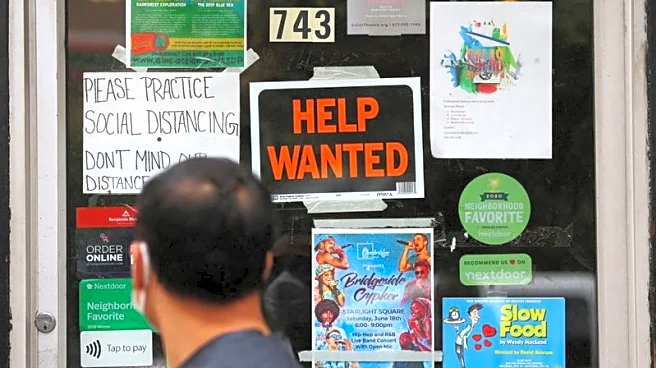What's Happening?
The term 'Gramnesia' has gained traction online, describing a phenomenon where grandparents seem to forget the challenges of raising young children. Maryland therapist Allie McQuaid, known as @millennialmomtherapist on Instagram, shared insights on this topic, noting that many millennial parents report receiving unhelpful comments from their own parents. These remarks often include exaggerated claims about how easy their children were to raise, such as sleeping through the night immediately or being potty trained at an unusually young age. McQuaid suggests that this could be due to a natural tendency to have a 'foggier memory' of past experiences, especially if they were difficult or traumatic. Additionally, parenting advice has evolved over the years, making some older practices outdated. McQuaid emphasizes that these comments can be frustrating for parents, as they feel invalidated and worry about reinforcing negative stereotypes about millennial parenting.
Why It's Important?
The concept of 'Gramnesia' is significant as it highlights generational differences in parenting experiences and expectations. For millennial parents, these comments can lead to feelings of inadequacy and frustration, impacting their confidence and mental health. The phenomenon underscores the importance of understanding and communication between generations, as outdated advice can conflict with modern parenting practices. This issue also reflects broader societal changes, where there is now more openness about the challenges of parenting, allowing for a more supportive environment. Addressing 'Gramnesia' can help bridge the gap between generations, fostering better relationships and understanding within families.
What's Next?
Parents experiencing 'Gramnesia' remarks have options for addressing these comments. McQuaid advises checking one's capacity to engage in discussions with grandparents, considering whether to address the issue directly or let it pass. If parents choose to speak up, they can express how such comments affect their confidence as parents. Alternatively, they can seek support from partners, friends, or therapists. This approach can help parents manage their frustrations and set boundaries, promoting healthier family dynamics. As awareness of 'Gramnesia' grows, it may lead to more conversations about generational differences in parenting, encouraging empathy and understanding.
Beyond the Headlines
The 'Gramnesia' phenomenon also touches on deeper psychological aspects, such as 'euphoric recall,' where past experiences are remembered more positively than they were. This can affect how older generations perceive their parenting experiences, influencing their interactions with their children and grandchildren. Additionally, the shift in societal norms regarding parenting discussions reflects changing attitudes towards mental health and support systems. As more parents openly discuss their struggles, it challenges traditional views and promotes a more inclusive and understanding environment for families.












